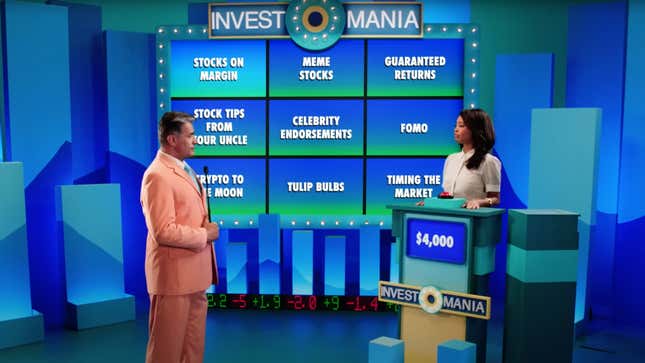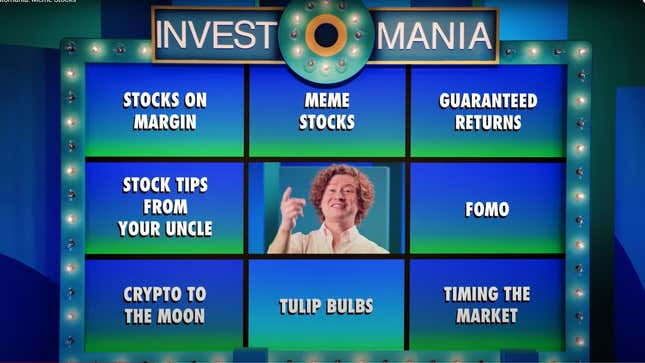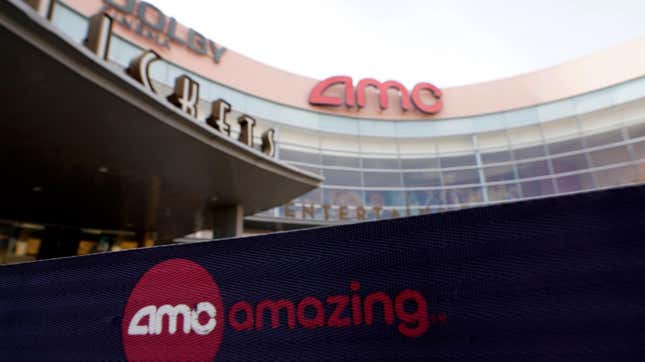
A public awareness campaign launched by the Securities and Exchange Commission (SEC) hoping to spread awareness that “investing is not a game,” seems to have hit poorly among its intended audience. The federal agency put out YouTube videos and an online quiz à la BuzzFeed to convey risks associated with digital assets and wading unawares into the world of margin investing. While there’s ostensibly nothing wrong with its advice— “Margin increases your purchasing power, but also exposes you to the potential for larger loss”; “If you are considering a digital asset-related investment, take the time to understand how the investment works...”; “Promises of high investment returns with little or no risk are a classic warning sign of fraud.”—the language and tone of the campaign struck many retail investors as needlessly condescending.



